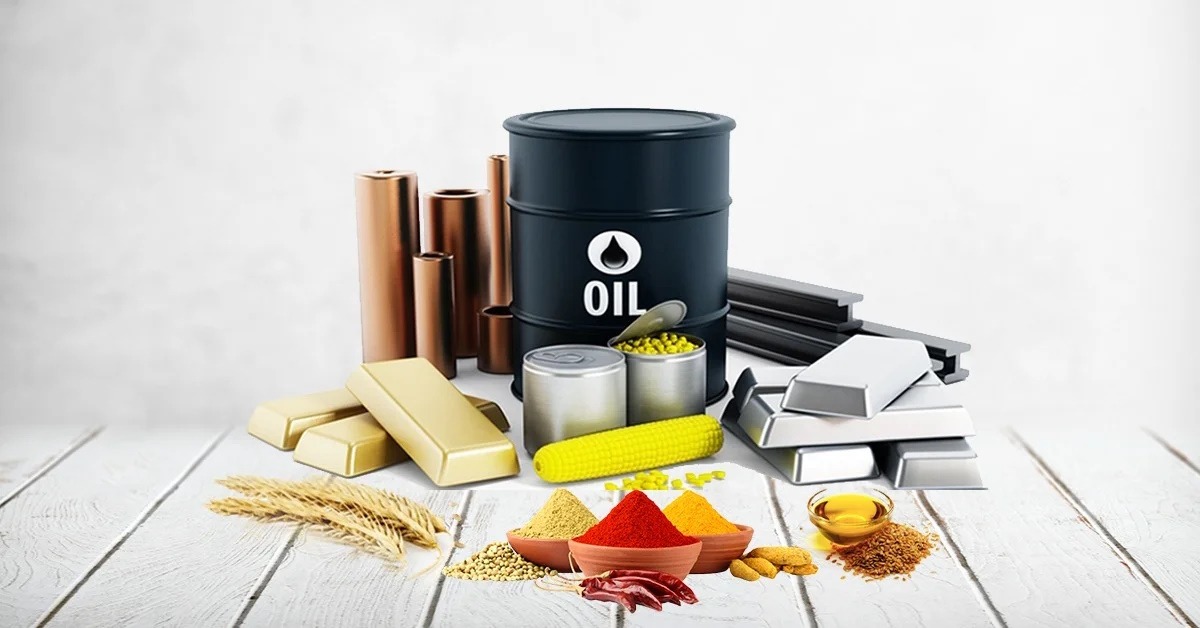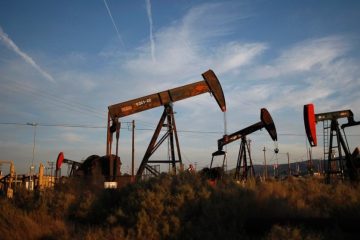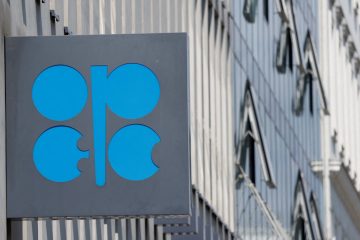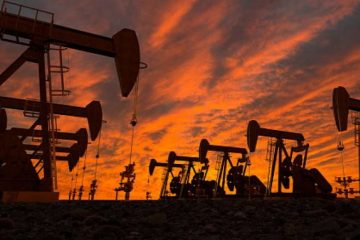Rise in commodities indicates a strengthening economy

Investors are showing confidence in a prolonged expansion and the possibility of a rebound in inflation, as prices for raw materials used in manufacturing and transportation continue to surge.
The S&P GSCI, a global commodities price index, has seen a 12% increase this year, surpassing the S&P 500’s 9.1% rise. Copper and oil have experienced significant gains, with copper increasing by over 10% and oil by more than 17%. Gold continues to reach new heights, with a 13% increase to $2,332 per troy ounce.
According to analysts, the rally is driven by the anticipation of increased demand from the U.S. and China due to expected economic growth. A recent pair of reports indicating improvements in the manufacturing sectors of both countries has triggered a renewed surge in purchasing activity. This continued upward trend has been beneficial for energy and materials companies, but it also poses a potential increase in gasoline prices right before the summer driving season.
Furthermore, there is a widespread anticipation that the upward trend may persist for an extended period. According to a report by the Commodities Strategy team at Macquarie Group, the surge in real income growth has reignited global goods demand, which is expected to drive commodity prices to new heights.
This could potentially complicate the Federal Reserve’s efforts to combat inflation, especially as investors are growing skeptical about the central bank’s ability to lower interest rates in the future. The anticipation of lower borrowing costs has fueled a surge in the stock market, propelling major indexes to new record highs.
Commodities may play a role in influencing Fed cuts, according to Francisco Blanch, the head of global commodities and derivatives research at Bank of America.
The rally marks a turnaround from the 18-month decline that followed Russia’s invasion of Ukraine, which caused a surge in prices for oil, natural gas, grains, and industrial metals. The U.S. economic outlook appears bleak, with expectations of a recession, rising interest rates, and challenges for the Chinese economy as it tries to recover from Covid-era lockdowns. These factors have had a negative impact on futures in the following months.
On the contrary, the recession never materialized. The U.S. economy has continued to thrive despite a decline in inflation. The labor market has consistently surpassed expectations. An economic model from the Federal Reserve Bank of Atlanta recently increased its estimate of U.S. growth for the first quarter by 0.5%, after adjusting for inflation, to reach 2.8%.
Recent developments in the oil market highlight the combination of increasing global demand and unique factors that have led to higher prices for important commodities.
Recent drone attacks in Russia and ongoing conflict in the Middle East have contributed to the increase in petroleum prices. The price of Brent crude futures has surged to over $90 per barrel, reaching its highest point since the aftermath of Hamas’s October attack on Israel. According to Bjarne Schieldrop, chief commodities analyst at SEB, recent supply constraints can be attributed to the slowdown in U.S. production growth and output reductions by the Organization of the Petroleum Exporting Countries and its allies. This was mentioned in a note last week.
Simultaneously, an optimistic economic outlook has led analysts at the International Energy Agency to revise their predictions for this year’s global oil demand.
According to Schieldrop, the surge in crude oil prices can be attributed to a strong market and growing macroeconomic optimism.
Increasing prices are boosting the shares of oil producers. The energy sector has seen a significant boost this year, with a 16% increase, making it one of the top performers in the S&P 500 index. The stock of Exxon Mobil reached a new high on Friday. There has been a surge in demand for gasoline, diesel, and jet fuel, leading to a significant increase in the stock prices of refiners such as Valero Energy, Marathon Petroleum, and Phillips 66, reaching all-time highs.
Various factors have contributed to a recent increase in copper prices, which is often seen as an indicator of economic well-being due to its widespread use in construction and electronics. The price of futures has surged by over 16% in the last two months, reaching $4.28 per pound, the highest it has been since June 2022. According to Goldman Sachs, demand from China, which makes up over half of the world’s total, has increased by 12% compared to last year.
Some analysts have pointed out that the commodities rally has been amplified by speculators. According to TD Securities, copper bets on the London Metal Exchange have reached their highest level since 2021. According to Bob Elliott, the CEO of Unlimited, the recent surge in oil prices has been fueled by the frantic efforts of macro hedge funds to reverse their bearish positions. Elliott’s firm, which employs AI to monitor trading activity in real time, has observed this phenomenon.
According to the expert, the hedge fund’s current short position is being squeezed, resulting in additional upward movement in the price.
Given the significant impact of commodity prices on the overall economy, it is common for investors to purchase futures as a means of safeguarding against inflation. This has contributed to the recent surge in gold prices, pushing them to new all-time highs.
Dana Grigg, president of wealth-management firm Camelotta Advisors, mentioned that his firm shifted its focus to a “early growth cycle orientation” at the start of this year. He allocates a portion of his clients’ funds to investments in oil and gold, serving as a safeguard against inflation and a strategic move to capitalize on economic expansion. The proportion has increased as prices have gone up, but he has chosen not to sell in order to rebalance.
Grigg expressed a desire to capitalize on the opportunity. Timing is crucial, so it’s important to avoid exiting prematurely.









